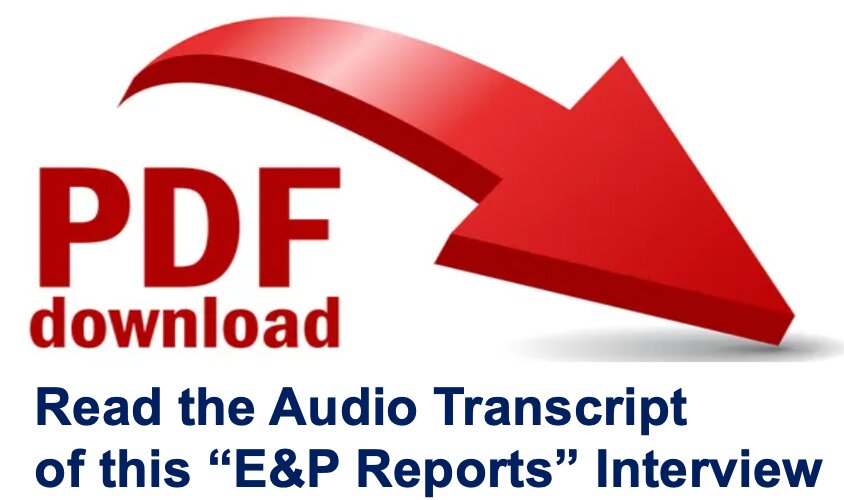Some might say that one of the most important dates to affect the future of the North American local news media industry was June 22, 2023. On that day, Canada’s Senate passed Bill C-18, a law requiring Google and Meta to pay media outlets for news content that they share or otherwise repurpose on their platforms.
Many pundits are now blogging and editorializing about the upside and downside of C-18's passage and how it will likely impact pending similar legislation currently being discussed in committee in the U.S. Senate. The 2023 Journalism Competition and Preservation Act (JCPA) — a law very similar to Canada's — will allow small and mid-sized news organizations to negotiate jointly for compensation from digital platforms that access their content without allowing them to profit from their journalism. The legislation (like C-18) also allows news publishers to demand arbitration if they reach an impasse in negotiations with digital platforms.
And if anyone doubts how important this ruling is to Big Tech, just look at what happened almost immediately once C-18 became law. Two days after passage, Meta announced it would end access to news on Facebook and Instagram in Canada. And a few days after that, Google’s president of Global Affairs, Kent Walker, announced in a blog that it would remove links to Canadian news from Search, News and Discover products and would no longer operate Google News Showcase in Canada. Not to be topped, shortly after Google and Facebook’s actions, the Canadian government announced they would stop buying ads on Facebook and Instagram in return.
To offer some background, the Canadian local news media industry has experienced some of the same significant challenges their U.S. counterparts have in maintaining "top line" revenues impacted by digital disruption. Jobs, homes and cars, the three main "pillars" of the classified advertising category, have virtually disappeared from newspapers over the last 10 years. Inserts, and pre-press, which used to be a huge revenue stream for news publishers, are no longer being placed within the printed newspaper for local distribution, as major retailers prefer less expensive online couponing and digital loyalty programs.
But there's no question that, just like in the U.S., Canadian news publishers have lost the lion’s share of local advertising dollars to platforms like Google and Facebook, which garner a good deal of their audience through the news content they access for free from the local news media, and then monetize it.
In this episode of "E&P Reports," we look at the last few weeks in the life of Canadian news publishing through the eyes of Paul Deegan, president and CEO of the country’s largest industry trade organization, News Media Canada. Deegan unpacks the similarities and differences between Canada and the U.S. in national advocacy of Big Tech compensation legislation. He also discusses the battles that are now going on between Google /Facebook and the Canadian government as the digital platforms threaten to remove news content within the country, and Ottawa fights back by pulling ad dollars from the platforms.
Access more stories on News Media vs. Big Tech compensation and antitrust issues at EditorandPublisher.com/BigTechComp![]()
Comments
No comments on this item Please log in to comment by clicking here